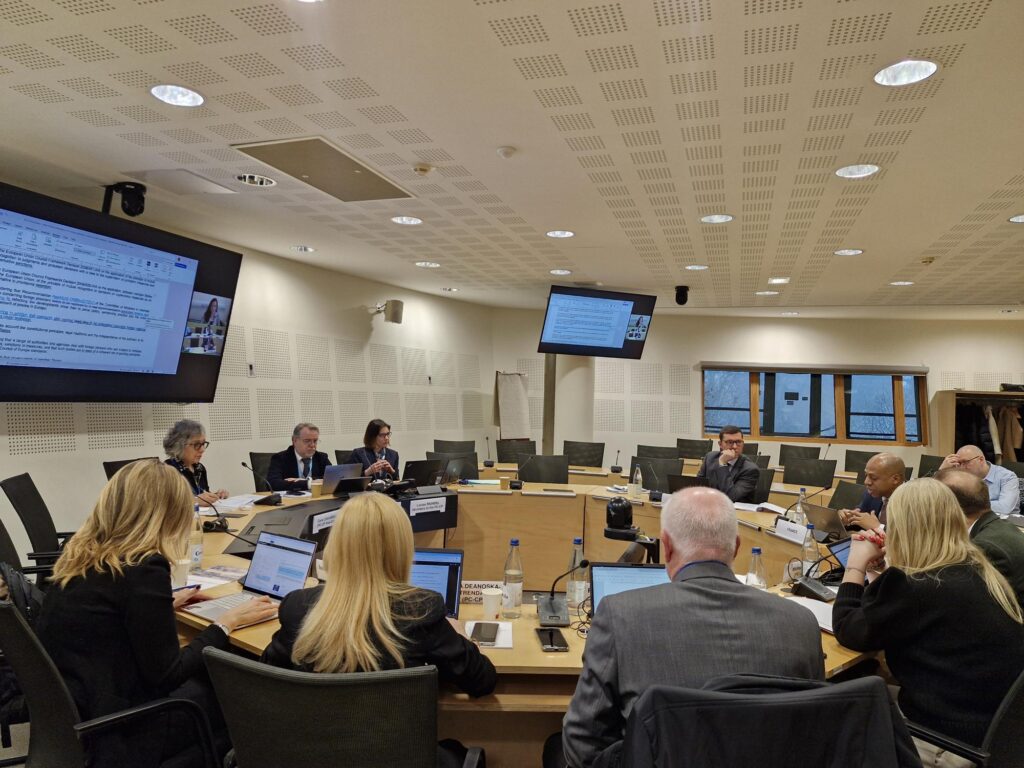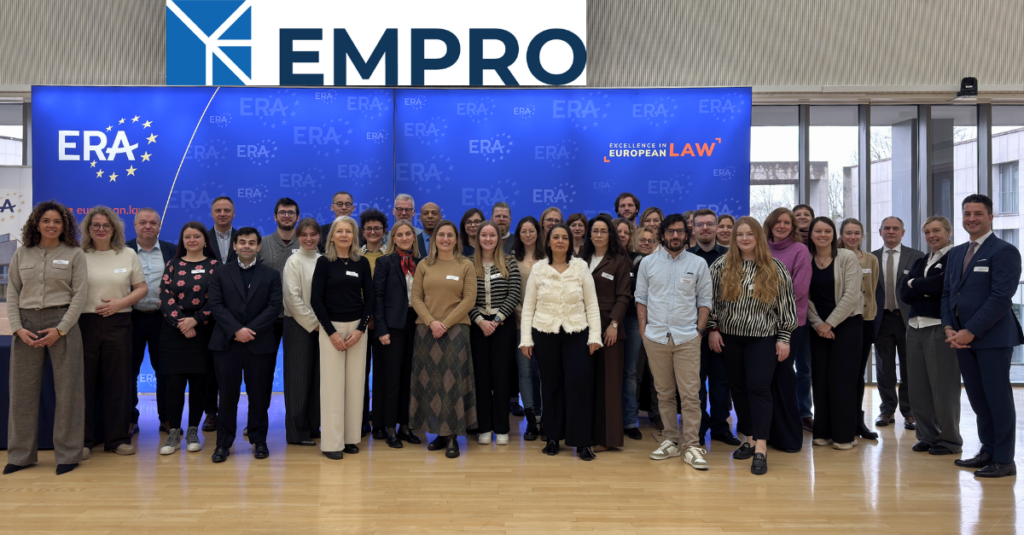Previous Article
News
A tripartite strategy for unpaid work in the community
Making communities safer requires an evidence-based approach to reducing reoffending. There is growing consensus across criminal justice literature and wider socio-political contexts that imprisonment is not an effective response to offending behaviour. It serves to further entrench conditions of social injustice, which ultimately reinforce recidivism.
This Academic Insights paper considers the current use of unpaid work in the community as a penal sanction. It highlights that it has the potential to adhere to principles of decarceration (through diversion from custody) and minimum intervention (as a more proportionate response to certain forms of offending) with a view to reducing recidivism. However, the underlying purpose of the sanction is often confused, hindering its strategic design and impact as an alternative to prison.
To address this, the paper proposes the advancement of a tripartite strategy, based on the principles of desistance, restorative justice, and social justice, to guide policy and operational developments relating to unpaid work in the community.
The proposal draws on findings from a report commissioned by the Irish Probation Service as part of its strategy to maximise the potential benefit of community service in the Irish criminal justice system, and to reform and revitalise the current operating model (Kennefick and Guilfoyle, 2022).
>>Click here the full paper.
>>Read more papers about Community Sanctions and Measures in CEP’s Knowledgebase.>>Also check out Academic Insights (justiceinspectorates.gov.uk) from the HM Inspectorate of Probation.
Article written by Eoin Guilfoyle, Lecturer in Criminal Law and Criminal Justice, Brunel University London and Louise Kennefick, Senior Lecturer in Criminal Law, University of Glasglow.

Related News
Keep up to date with the latest developments, stories, and updates on probation from across Europe and beyond. Find relevant news and insights shaping the field today.

CEP Board
Interview with new CEP board member Jana Bewersdorff
19/02/2026
During the General Assembly in Austria, a new CEP Board got elected for the upcoming three years. In the coming weeks we will publish interviews with all newly-elected board members where they will share information on their professional background, how they would like to contribute, what challenges lie ahead and many more.
Enjoy reading!
Recap

Research
Recap: Expert group on Research
18/02/2026
The Expert Group on Research met on 17 February at the CEP office in Utrecht, The Netherlands, for its annual face‑to‑face meeting.
New

CEP members
New CEP member: Killian Evert
17/02/2026
In recent weeks, CEP has interviewed individual members and representatives of the new member organisations that joined CEP at the beginning of 2026. In these interviews, the new member organisations or individual members will share information on why they decided to become members, how they would like to contribute to the development of CEP and many more.
Enjoy reading!
New

CEP Board
Interview with new CEP board member Line Elisabeth Wilberg
11/02/2026
During the General Assembly in Austria, a new CEP Board got elected for the upcoming three years. In the coming weeks we will publish interviews with all newly-elected board members where they will share information on their professional background, how they would like to contribute, what challenges lie ahead and many more.
Enjoy reading!
New

Probation in Europe
CEP at 40th PC-CP Working Group Meeting
09/02/2026
CEP actively participated in the meeting of the Council of Penological Co-operation (PC-CP) of the Council of Europe. Through its involvement, the organisation contributes meaningfully to the work of the PC-CP by representing the voices and professional experience of probation practitioners across member countries and jurisdictions. CEP Vice-President Ms Danijela Mrhar Prelić is a member of the PC-CP Working Group and actively participates in all meetings.
New

Probation in Europe
CEP at the EMPRO Symposium hosted by ERA
04/02/2026
CEP actively contributed to the EMPRO Knowledge Exchange Symposium hosted by the Academy of European Law (ERA) in Trier on 28–29 January, bringing together practitioners, policymakers, and researchers to reflect on the implementation of EU Framework Decisions in probation and supervision.
Subscribe to our bi-monthly email newsletter!
"*" indicates required fields
- Keep up to date with important probation developments and insights.

